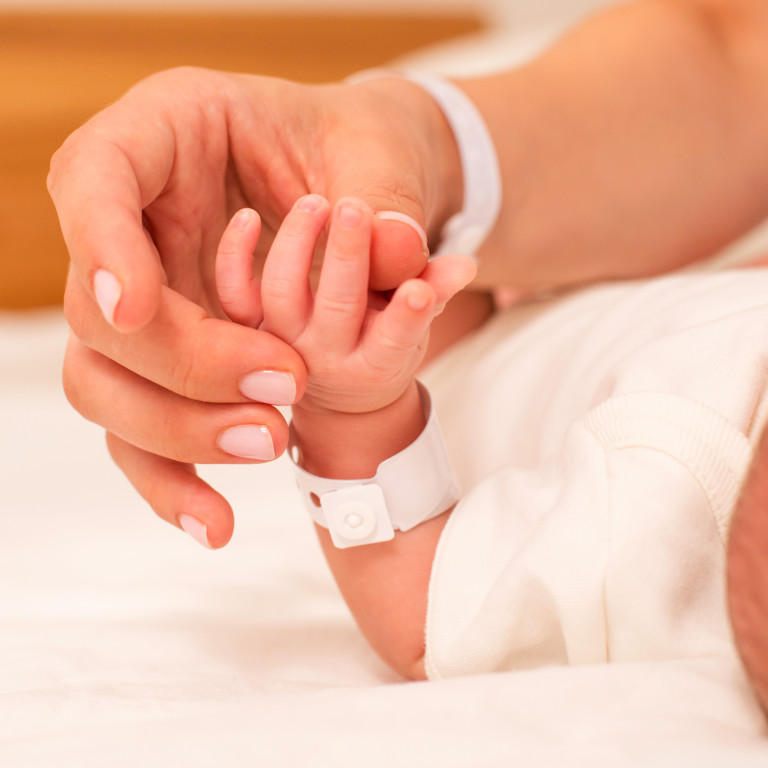In 2017 former triathlete Kayleigh Adams’ life was turned upside down after giving birth to her first child. The trauma of the birth left the now 25-year-old with post-traumatic stress disorder (PTSD).
During the birth, Kayleigh suffered a fourth-degree perineal tear which is the most severe of what are known as obstetric anal sphincter injuries, this extends into the lower bowel. Due to her injuries, she has had to adapt life to living with a colostomy bag.
When she was in labour in a birthing pool she was in a lot of pain so was given an epidural which meant she was not allowed to carry on giving birth in water. Her son was born 2 days later with the use of forceps. He weighed just under 8lbs. Kayleigh sustained a fourth-degree tear which was repaired in the operating theatre straight away.
A few weeks after her son was born, Kayleigh was back in hospital with a bad infection, she had sepsis. A while later she became unwell again, this time the symptoms got worse, and her stools were leaking into her vagina and causing recurring infections. After many hospital attendances, in September 2020 Kayleigh was told she would need a colostomy. A colostomy is an operation that diverts part of the bowel through an opening in the abdomen so stools can be collected in a bag.
Despite attending antenatal classes, Kayleigh was not aware of how extreme tearing in childbirth could be. Sadly she did not receive the emotional support she needed. There was very little information available to her about birth trauma, so she found help from those on social media, but even then people were afraid to speak about it. Kayleigh wants to raise awareness about how childbirth can lead to PTSD. This traumatic experience led to her becoming a student midwife but while she was studying, it became apparent that something was wrong. Her university referred Kayleigh to counselling as they could see how much she was affected by what happened to her.
Kayleigh is now working to raise awareness about birth trauma and how to support women affected by it.
Co-head Endurance Arthur of Tozers' medical negligence team writes:
“At Tozers, our birth injury specialists are all too aware of the many injuries that can arise whilst giving birth. A birth should be an event that brings joy to a new mother and her family. Sadly it can result in serious injuries not just for the baby, but also physical and psychological injuries for the mother when things go wrong during the birth. For years, many mothers have been reluctant to discuss their trauma or the details of their injuries or to seek redress for the shortcomings in their care. Stories like Kayleigh’s show the extent of the damage that can be sustained during birth. Women should not have to live with such injuries and they should not be afraid to seek help.
How we can help you
If you or your family have suffered because of medical negligence, we’ll help you to rebuild your life for the future. Contact us today and let us help you.





